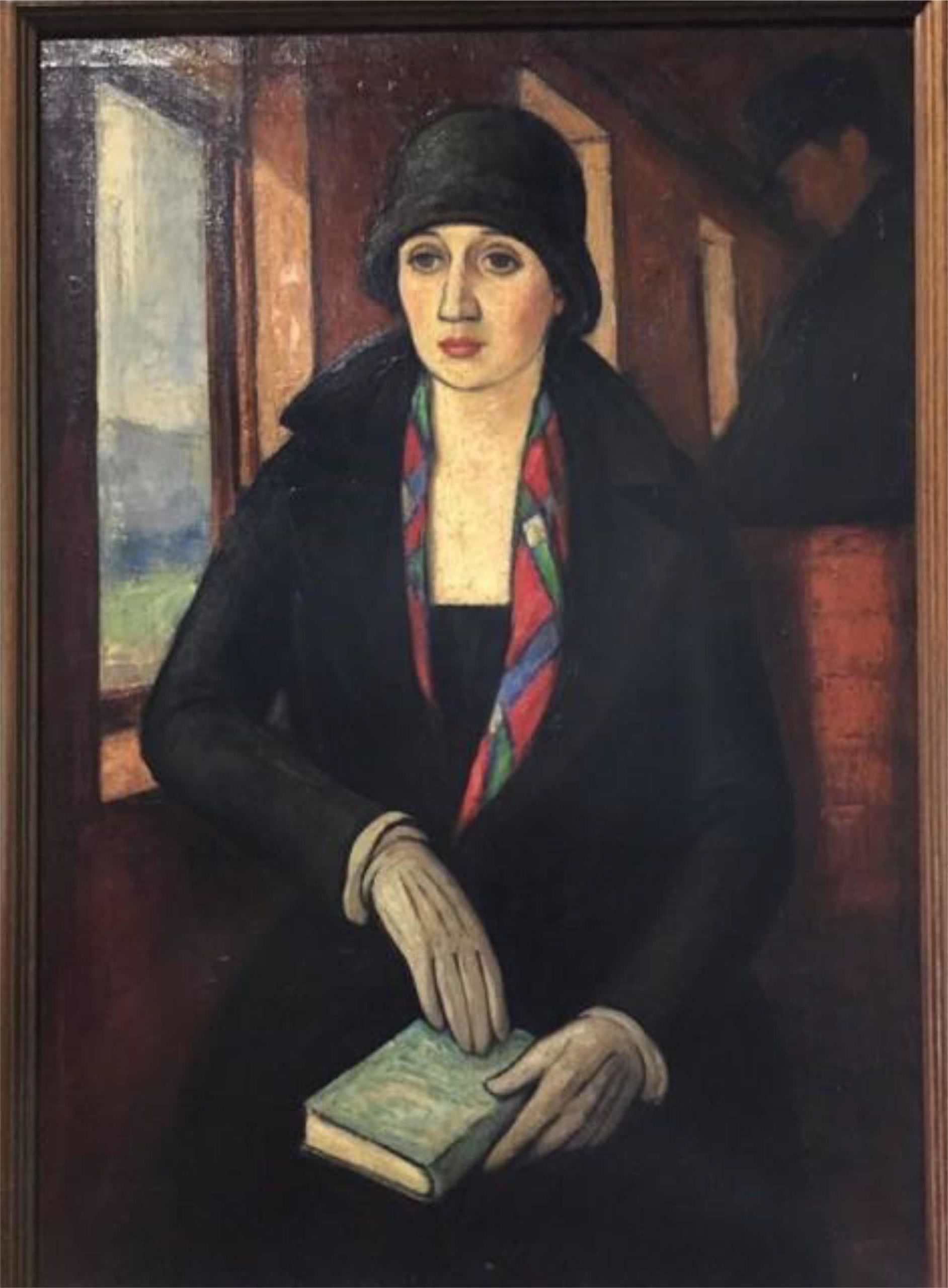Blanche Dubois’ final line in “Streetcar Named Desire” shows that she has slipped into madness by losing her full orientation to time, place, and person.
When one travels to places unfamiliar, it is not uncommon to find oneself lost, even while holding a map. Losing one’s orientation to place can be unnerving. As a traveler, when I lose my bearings, my tendency is to approach a passerby on the street or enter a shop to seek direction. My experience has been that strangers – old people, young men and women, bikers, groups of teenagers, fruit sellers – fall all over themselves to help me find my way. Recently, in Chile, a magazine vendor abandoned his street stand to guide me by my elbow to the corner to make sure I was headed back in the right direction. Is it because, as a woman alone, I appear vulnerable?
In reflecting on why I am always so well looked after on unfamiliar streets, I think my presenting my “lost” self awakens in others the unconscious childhood fear of being separated from the parent. Freud wrote that it is the universal recognition of the helplessness of the human infant that is the basis of all moral motives. Perhaps the strangers who assist me know instinctively that helping someone “lost ” become “found” again is like returning a lost child to her mother.
Painting: La Viajera by Camilo Mori, 1928



